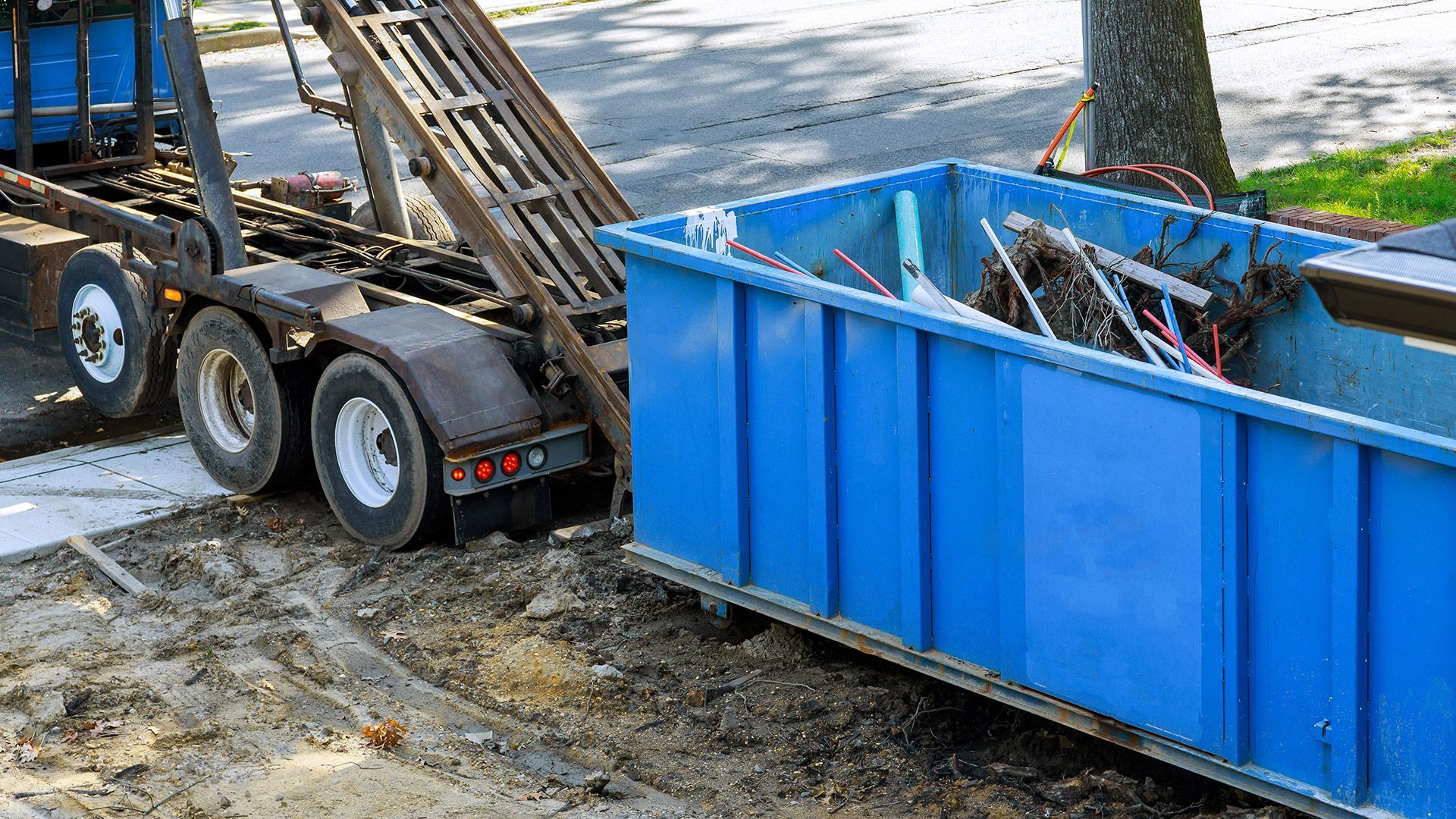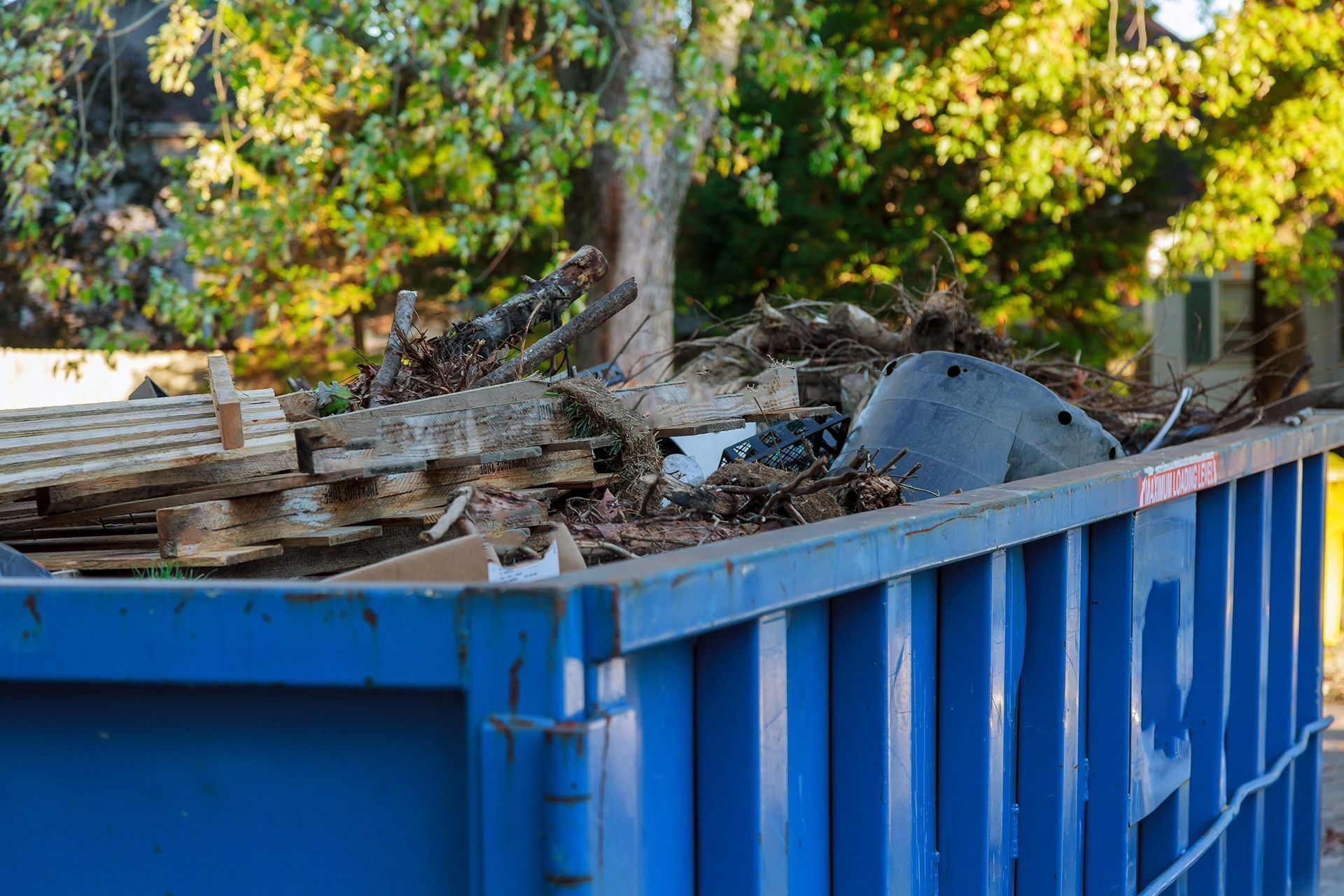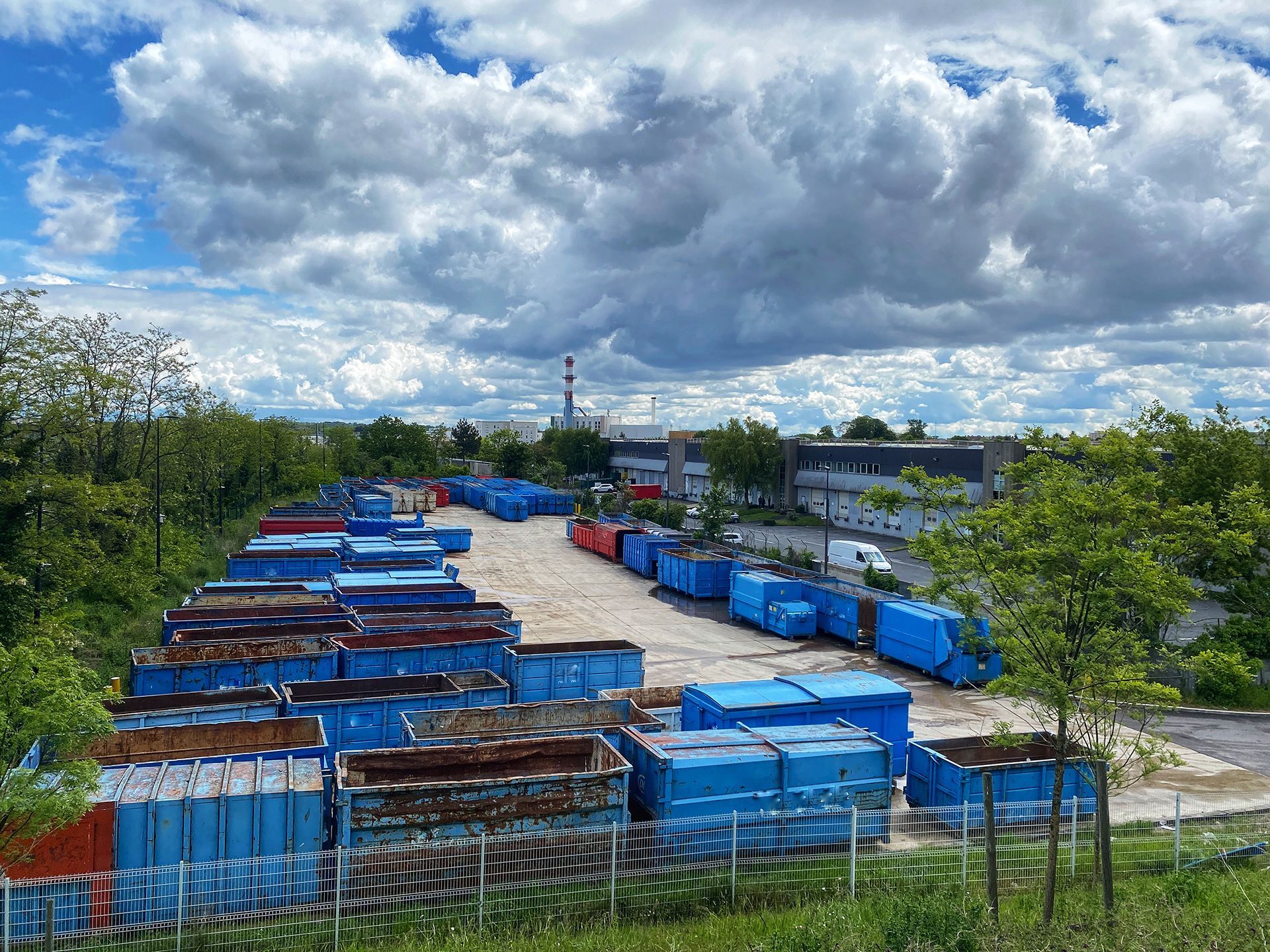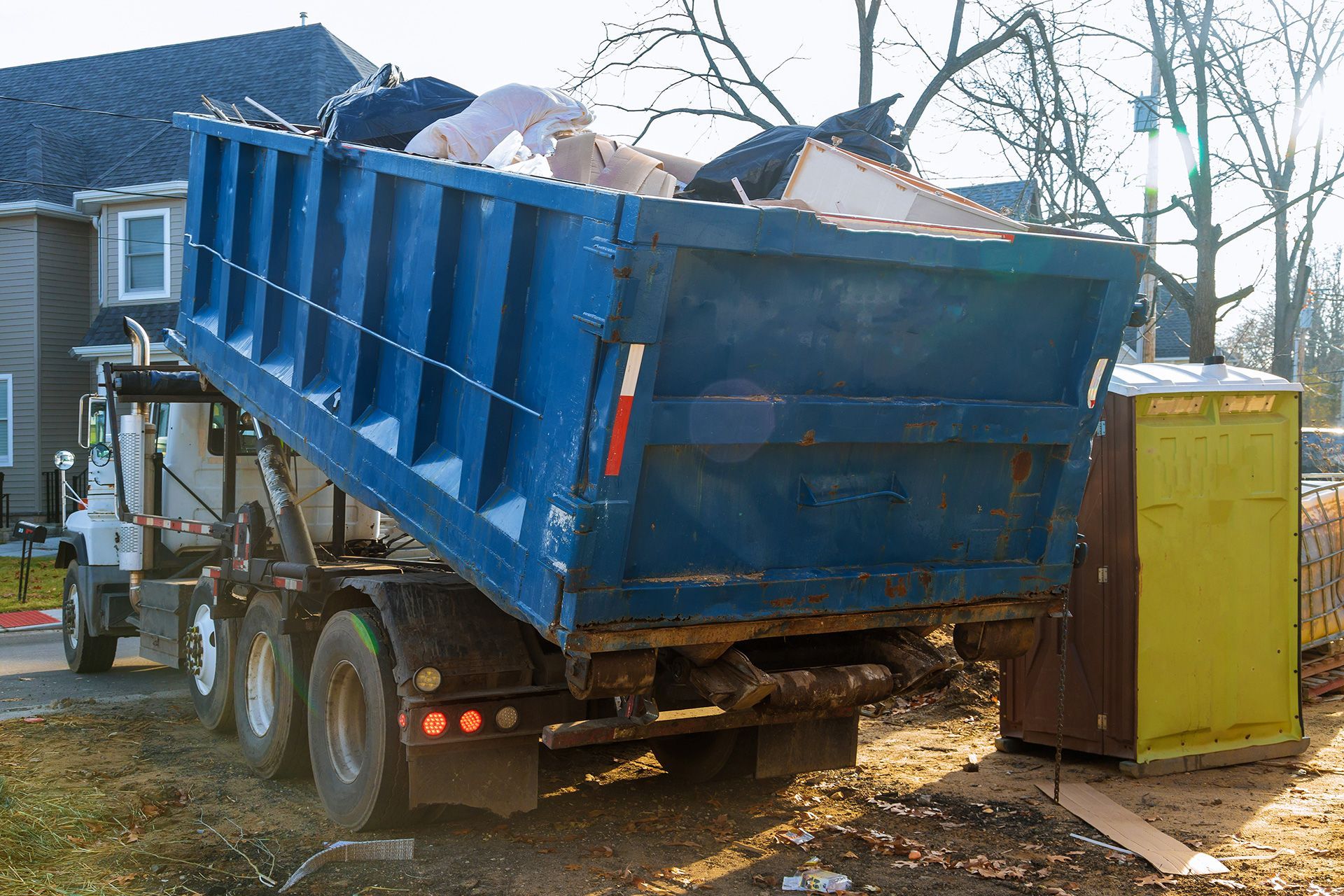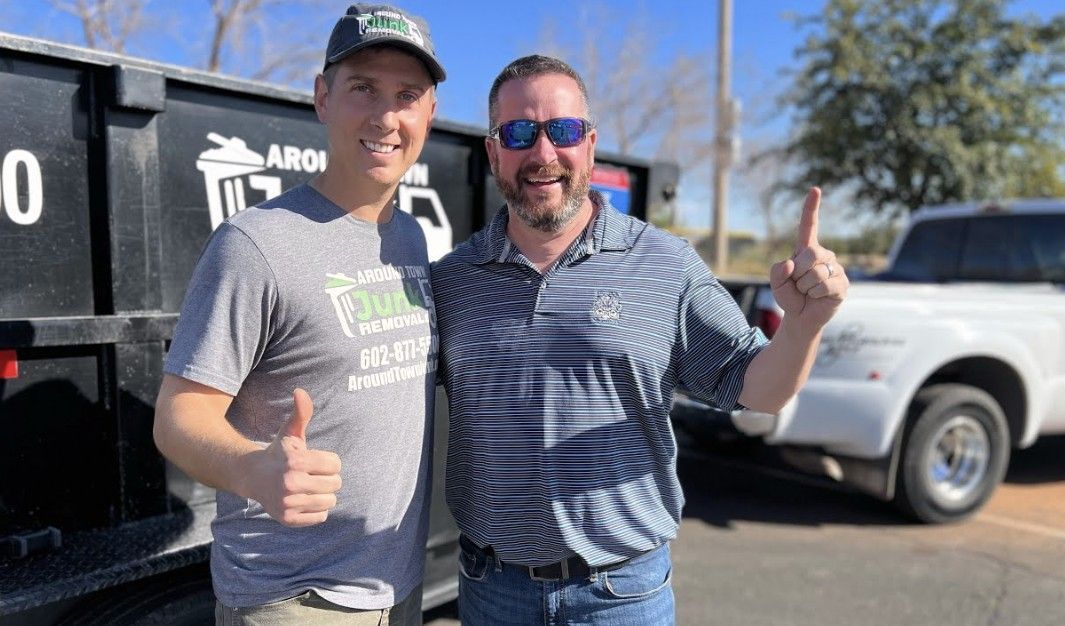Why Junk Removal Businesses Need Specialized Insurance
In the junk removal industry, hauling bulky furniture, handling construction debris, and working in unpredictable environments is all in a day's work. But with such labor-intensive tasks comes a higher risk of injuries—making workers’ compensation insurance not just important, but essential.
At Wisdom Insurance, we specialize in tailored insurance coverage for junk removal professionals. We’ve helped countless business owners protect their crews, their finances, and their reputations through properly structured workers’ comp policies. If you’re operating without it, you're not just taking a legal risk—you’re gambling with the future of your business.
What Is Workers’ Compensation Insurance?
Workers’ compensation insurance (often shortened to “workers’ comp”) provides financial protection for both employers and employees in the event of a work-related injury or illness. It typically covers:
- Medical expenses for treatment and rehabilitation.
- Lost wages if an employee can’t work.
- Disability benefits for temporary or permanent impairment.
- Death benefits for families if an employee is fatally injured.
This coverage not only ensures your employees get the care they need—it also shields your business from lawsuits related to workplace injuries.
Why It's Especially Important in the Junk Removal Industry
Junk removal is a physically demanding and high-risk business. Your team lifts heavy items, navigates tight spaces, and may be exposed to sharp objects, mold, pests, and hazardous materials. Let’s face it: injuries aren’t a question of “if,” but “when.”
Here are some common injury scenarios:
- A worker strains their back lifting an old refrigerator.
- A crew member cuts their hand on broken glass inside a dumpster.
- Someone slips on wet stairs during a basement cleanout.
- An employee inhales mold spores during a hoarder home job and requires medical treatment.
Without proper workers’ compensation coverage, you could be personally liable for your employee’s medical bills, legal expenses, and ongoing care. That’s a financial burden no small business owner should face alone.
Is Workers’ Compensation Insurance Required by Law?
In most U.S. states, yes—it’s mandatory if you have one or more employees. Even if your team is made up of part-time workers or independent contractors, your state may still consider them “employees” for insurance purposes. Failing to carry required coverage can result in:
- Hefty fines and penalties
- Lawsuits from injured employees
- Business license suspension or revocation
- Loss of contracts with commercial clients
At Wisdom Insurance, we understand the complex state-by-state requirements and can ensure you’re in full compliance. We’ll help you navigate the regulations in your specific area, whether you operate in California, Texas, Florida, or anywhere in between.
How Workers’ Comp Benefits Your Business
While the legal compliance piece is critical, the benefits of carrying workers’ compensation go far beyond avoiding fines. Here’s how it strengthens your business:
1. Protects Your Employees
A well-cared-for employee is a loyal employee. When someone gets hurt, you can rest easy knowing they’ll receive quality medical care and income support. That kind of security builds trust.
2. Protects Your Bottom Line
Medical costs and lawsuits can cripple a small business. A single injury claim can easily exceed $50,000—more if ongoing care is needed. With workers’ comp, you’re protected from these costs.
3. Protects Your Reputation
Professionalism matters. Clients and partners want to work with businesses that take employee safety seriously. Displaying your insured status helps you stand out from the competition and close more deals.
4. Keeps You in Compliance
Many commercial contracts and municipalities won’t work with you unless you provide a Certificate of Insurance (COI) proving you have workers’ comp coverage. Having your policy in place ensures you can pursue bigger opportunities.
Independent Contractors vs. Employees: Know the Difference
Many junk removal businesses rely on 1099 contractors or “gig” workers. But don’t assume that lets you off the hook for insurance. State labor departments may reclassify your contractors as employees based on the nature of the work. If that happens and you don’t have workers’ comp, you could be liable for back premiums, fines, and unpaid benefits.
At Wisdom Insurance, we offer guidance on how to properly structure your workforce—and even provide "if-any" workers’ comp policies for businesses with no employees yet, but who want to be ready.
What Does Workers’ Comp Cost?
The cost of a workers’ comp policy varies based on several factors:
- Your state of operation
- Number of employees
- Total payroll
- Type of work performed (risk classification)
- Your claims history
At Wisdom Insurance, we shop multiple top-rated carriers to find you affordable rates without compromising coverage. We can also help you reduce premiums through:
- Workplace safety programs
- Return-to-work strategies
- Claims history reviews
Why Choose Wisdom Insurance?
We’re not just insurance agents—we’re junk removal insurance experts. Our founder, Toby Stubbs, has worked directly with hundreds of haulers, cleanout crews, and dumpster rental companies to craft custom insurance solutions that fit real-world operations.
Here’s what you get when you work with us:
- ✅ Personalized coverage based on your actual job tasks
- ✅ Help with regulatory compliance in your state
- ✅ Fast turnaround on COIs for contracts
- ✅ Bundle discounts for general liability + auto + workers’ comp
- ✅ Friendly, responsive service from industry specialists
Don’t take chances with a generic policy. Your team and business deserve a partner who understands your field—and at Wisdom Insurance, we do.
Real-World Example: A Claim That Could’ve Ended It All
One of our clients, a mid-sized junk removal company in the Midwest, had just hired a new employee. Within two weeks, that worker suffered a herniated disc while lifting an old stove up a flight of stairs. The medical costs exceeded $40,000—plus four months of lost wages.
Thanks to their workers’ compensation policy through Wisdom Insurance, the employee got the care and income support they needed, and the business avoided a crippling lawsuit. The owner later told us: “That policy saved my business.”
Final Thoughts
Running a junk removal business means rolling up your sleeves and getting dirty—but that doesn’t mean you should risk your financial security. Workers’ compensation insurance is your first line of defense, protecting your team and your business from the unexpected.
At Wisdom Insurance, we’re here to make insurance simple, affordable, and tailored to your needs. Whether you’re just starting out or managing a growing crew, we’ll help you get the protection you need—with the service you deserve.

